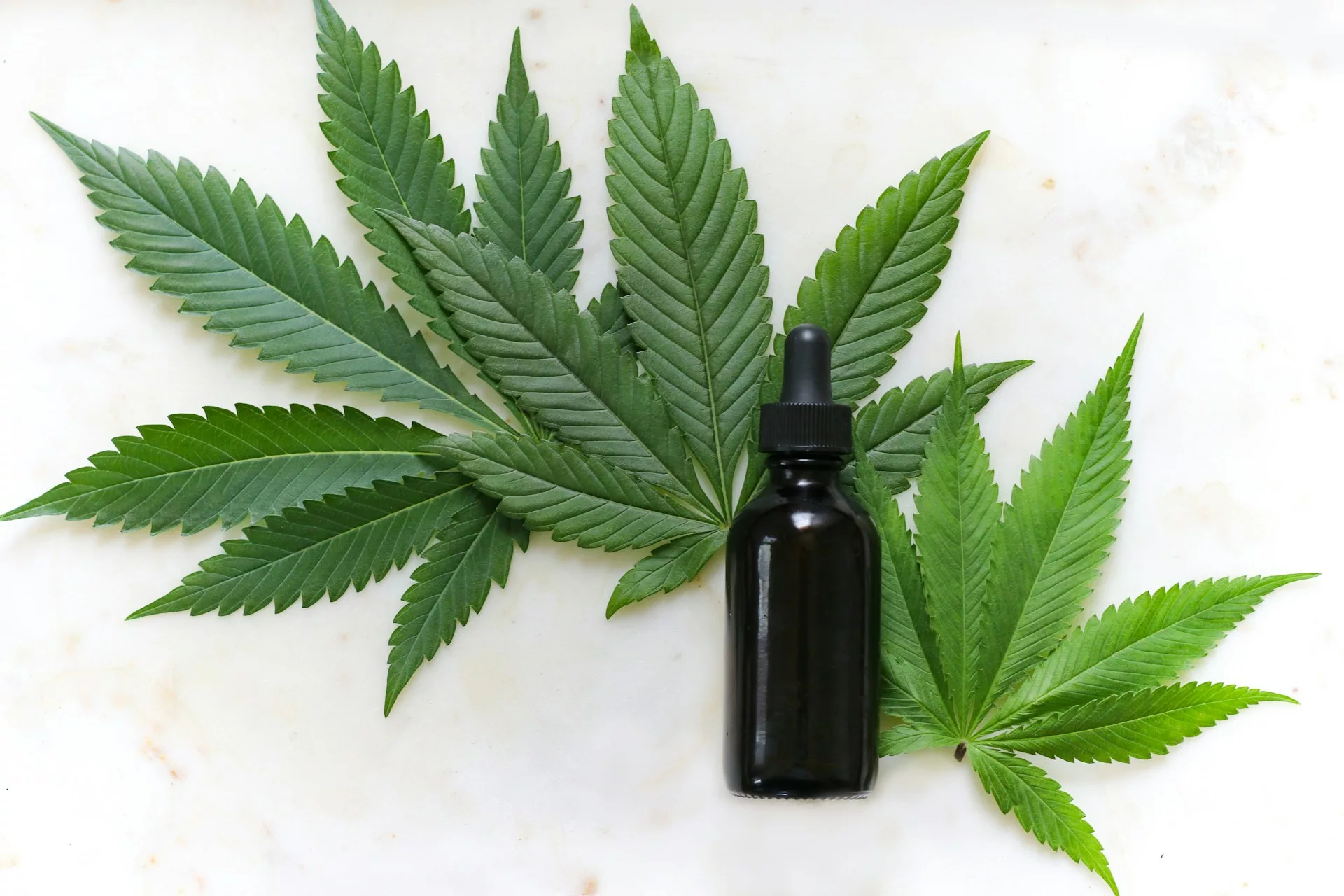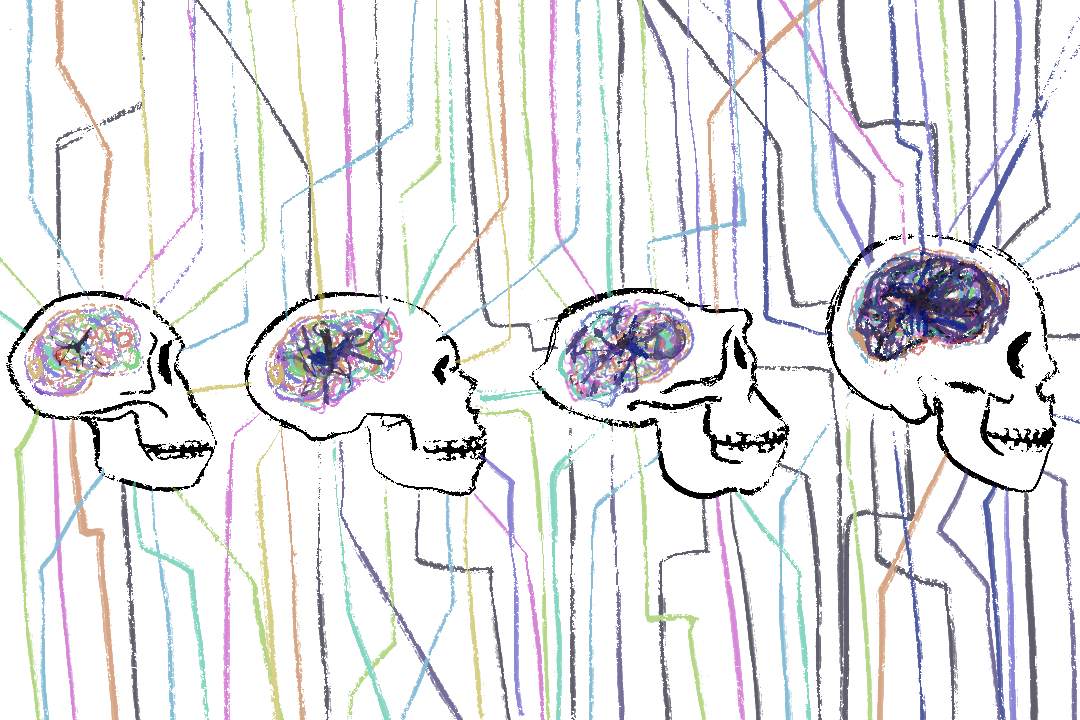CBD is now recognised as having medicinal benefits however, is this actually supported by science? Photo credit: Kimzy Nanney via Unsplash
…does CBD show any real potential, or is it simply a myth?
The global perspective on cannabidiol (CBD) has recently grown more optimistic, with many claims about the product extrapolating beyond conclusive research. In the UK, almost one in ten people already use CBD, claiming that it prevents wrinkles, improves sleep, and reduces pain, amongst other things. Indeed, the UK CBD market was valued at £690 million in 2021, and many high-profile celebrities have promoted the product. But does CBD show any real potential, or is it simply a myth?
Derived from the cannabis plant, CBD is found in face creams, supplements, oils, and more. It is a natural non-intoxicating compound distinct from psychoactive tetrahydrocannabinol (THC), which gives the marijuana ‘high’. CBD has made its way into mainstream natural medicine after gaining recognition for its broad medical benefits.
Specifically, CBD is known to interact with the endocannabinoid system, a regulatory network involved in many key bodily functions. Such widespread interactions may explain its expansive rumoured applications. CBD interacts with many receptors, membrane proteins responsible for transducing an external signal into a cell, and their associated molecular pathways. For instance, CBD antagonistically binds the GPR55 receptor, positively affecting the regulation of blood pressure and bone density as well as decreasing cancer cell proliferation. CBD is also associated with many receptor-independent molecular pathways, including roles in neurotransmitter re-uptake inhibition in the brain’s synapses.
The promise
Some medical research suggests that CBD helps with symptoms of various conditions. Children with a severe form of epilepsy have been able to receive prescribed medicinal cannabis from their doctors since 2018 in the form of a drug called Epidiolex. So far, this is the only CBD drug approved by the US Food and Drug Administration (FDA). Dozens of clinical trials are currently ongoing, with aims ranging from managing insomnia to treating Alzheimer’s, but these are still in the early stages.
Some medical research suggests that CBD helps with symptoms of various conditions.
Reports that CBD helps with the management of endometriosis, a condition causing chronic pain in 1.5 million women in the UK, are also promising since there is a severe lack of treatment for the condition. CBD can also be used to relieve anxiety, with many studies reporting that it acts as an effective anxiolytic.
The problem
Unfortunately, the FDA is not currently able to regulate CBD properly, so there is no real control over its quality or content. Therefore, with a huge number of CBD products available on the market, it is hard to know whether they all have the professed benefits. For example, some products are inaccurately labelled, so the dosage may differ from what is advertised. How much CBD you actually absorb is also currently under question, with its method of consumption proving a major limiting factor.
In fact, even the entire contents of the product are not always fully known. Further, this lack of regulation means that some companies get away with not testing their products for purity and contaminants, with some products containing pesticides, heavy metals, and microbes. Only 7% of brands tested for all of these contaminants, while only 42% tested for potency.
CBD is not a miracle drug either. The myth that it will cure all conditions and ailments is simply untrue, despite its wide-ranging ‘cure-all’ applications. It still is not fully clear why existing treatments do work. The extensive roles of the endocannabinoid system may explain the vast applications of CBD, but that doesn’t mean it works for every medical issue.
The myth that it will cure all conditions and ailments is simply untrue…
On the contrary, CBD can actually interfere with liver enzymes involved in drug metabolism as well as medicinal drugs themselves. CBD has been reported to interact with antidepressants and warfarin (used to prevent blood clotting), amongst other drugs, affecting how they are metabolised by the body. This can change the dose of the medicinal drug you receive and can interfere with the timings of its delivery. Early studies in mice even suggest higher-than-normal doses of CBD may induce liver toxicity. While this still needs a more comprehensive study, people should be cautious about consuming high doses of CBD.
The truth
CBD itself should be safe, in the correct dose, without being addictive. When buying a trustworthy product, the risk of impurity or contaminating substances is low. While the lack of evidence indicates that we should be somewhat careful about the CBD we take, it should be safe enough for most people to try. Indeed, many people do want to try it, especially where other treatments have failed.
Global attitudes around CBD are relaxing. Newly introduced laws in the US and UK, which legalised the growing of hemp, a cannabis plant with low THC levels, have made it easier to produce and sell CBD products. Other nations are also starting to loosen restrictions in a similar manner, paving the way for a new era of CBD use.
The evidence is compelling, and reports of individual experiences are astonishing both in power and in number. Maybe CBD is a new wonder cure for many medical conditions. Maybe the ‘myths’ concerning CBD aren’t myths at all. Maybe we’re just waiting for science to catch up with the real world.





